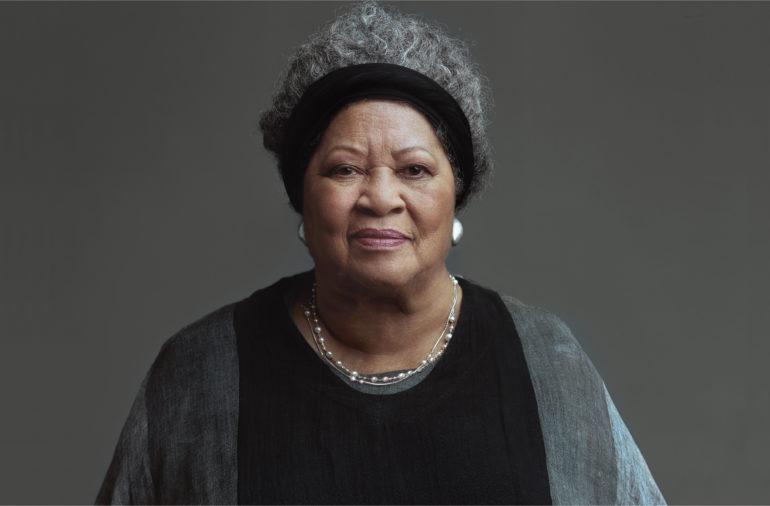Film Review: ‘Toni Morrison: The Pieces I Am’
By Nick Schager
LOS ANGELES (Variety.com) – Toni Morrison’s artistic, cultural and historical legacies are by now firmly established, which doesn’t prevent “Toni Morrison: The Pieces I Am” from revealing them anew and setting them out in an appreciative, and appropriate, package. An eloquent nonfiction biopic that travels creatively through the past, Timothy Greenfield-Sanders’ film is enlivened both by its own storytelling dexterity and by the participation of its subject, who at 87 years old remains as warm, vibrant and insightful as ever. With recent big-name docs about Fred Rogers and Ruth Bader Ginsberg proving the enormous appetite for such offerings, its fortunes seem considerable after its Sundance premiere.
The doc begins with Morrison recalling how she learned “words have power” from her grandfather, whose constant re-reading of the Bible during an era when it was illegal for African-Americans to be literate was a “revolutionary act” that opened her eyes to prose’s capacity to move, enlighten and transform. Though she too would come to love reading, her path to the 1993 Nobel Prize in literature — and universal acclaim — would not be a straight one. Raised in Lorain, Ohio, she attended Howard University, where she first came into direct contact with racial segregation. A failed marriage resulted in her raising her two young sons with the help of relatives while taking an editorial post in Syracuse, N.Y.
That job would soon transfer her to Manhattan and Random House, where as an editor she began developing her voice as a writer (namely, with her 1970 debut novel “The Bluest Eye”) and helping her contemporaries develop their voices. As made clear by the likes of Angela Davis, Fran Lebowitz, Walter Mosley, Russell Banks and her longtime editor Robert Gottlieb, Morrison used her position to nurture female African-American writers who were marginalized by — and denied entry into — the official literary canon, which remained to that point largely a white man’s club. Greenfield-Sanders’ film makes the case that Morrison was a covert activist, creating a space for the liberated African-American woman within the 1970s Black Power movement as well as the greater melting-pot of the American landscape.
Working as not only a published (and celebrated) writer but also as an editor, a teacher and a mother, Morrison is presented as a paragon of strength and determination; that she was able to produce groundbreaking books such as “Song of Solomon” and “Beloved” under such constraints is remarkable. What’s most rousing about “Toni Morrison: The Pieces I Am,” however, is Morrison herself, whose prolonged interview for this feature underscores the deeply humanistic soul responsible for broadening the literary landscape to include the emotional and psychological perspectives of those previously confined to its sidelines.
Chuckling throughout, whether discussing her triumphs or her setbacks, Morrison comes across as a vivacious and intellectually formidable presence deserving of the titanic praise heaped upon by her by the film’s many talking heads, which include Oprah Winfrey, whose decision to promote Morrison’s novels on her TV show’s Book Club (and, later, to star in Jonathan Demme’s cinematic adaptation of “Beloved”) brought the author global approbation. “Toni Morrison: The Pieces I Am” goes deeper than mere celebrity profile, though. By touching upon the various ways in which Morrison’s tomes influenced American literature at large, all while repeatedly leaping backward to detail her own chronology, Greenfield-Sanders captures the spirit of her writing, career and life — which, like the influential African-American archival tome she edited, “The Black Book,” often has the feel of an authentic “jumble.”
Mixing archival photos and TV footage with straightforward to-the-camera remembrances, Greenfield-Sanders’ deft structural approach isn’t as daring as those found in Morrison’s own work. Yet, inasmuch as it locates the heart of the author’s inspirations and attitudes, as well as her guiding ethos to capture grand national truths while focusing on the complex interior particulars of individual experience, “Toni Morrison: The Pieces I Am,” at its best, serves the soul of its subject.

